5 Well-Known Scientists Who Are Terrible At Math
Aadhya Khatri - Nov 20, 2019

This list contains the stories of five scientists that have contributed greatly to modern science but unfortunately, they were very bad at math
- A Math Formula Tells Us How Long Everything Will Live
- Shakuntala Devi Awarded Guinness World Records’ Fastest Human Computation Certificate After 40 Years
- This Magical Number Will Help You Find A Parking Space, The Perfect Apartment, And Even A Suitable Spouse
Many are scared of mathematics. While some are obsessed with math, others cannot stand it. However, there is no denying that it is more than just a compulsory subject at school; it plays a vital role in many professions nowadays.
If you want to pursue the various areas of machine learning, AI, or programming, you need to have a certain understanding of math. But if you have tried your best and it seems like it is over your head, relax, it does not mean you cannot have a stable career in STEM.
This list below contains the stories of five scientists that have contributed significantly to modern science, but unfortunately, they were terrible at mathematics. In fact, a new study found on the New Journal of Physics pointed out that even physicists are afraid of doing math sometimes.
Alexander Graham Bell
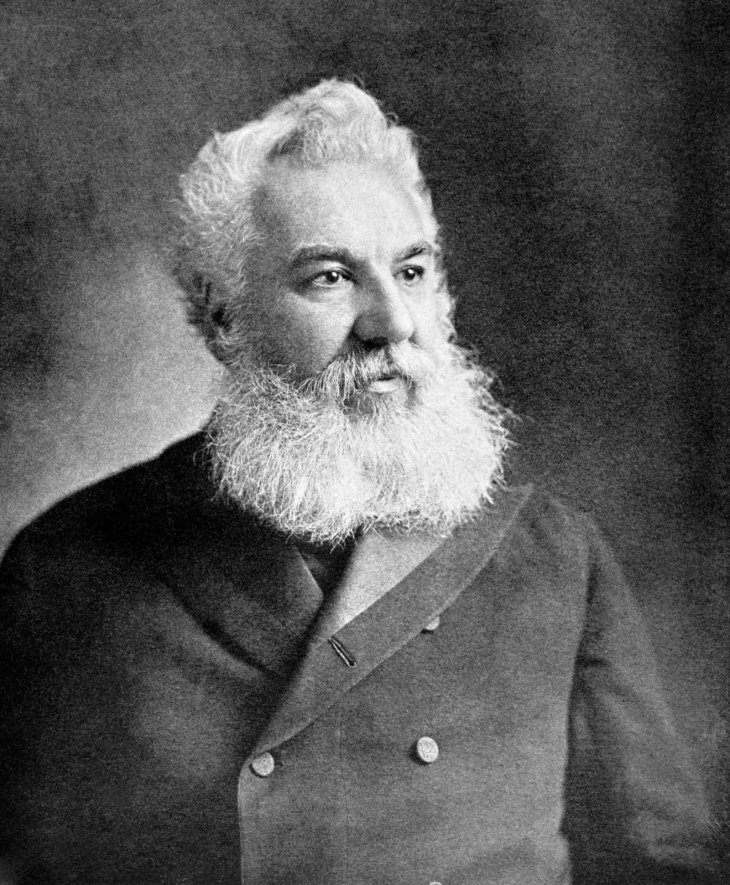
Alexander Graham Bell was the one who invented the telephone, which has revolutionized human communication. He also had contributions to the medical field as well as the development of some flying machines.
Bell loved to have intellectual exercise, but he was not fond of math at all. He showed interest in the ideas and methods to solve problems in math, but he did not care about working out the final answers.
Later in his successful career, his math skills were still stagnating.
Thomas Edison
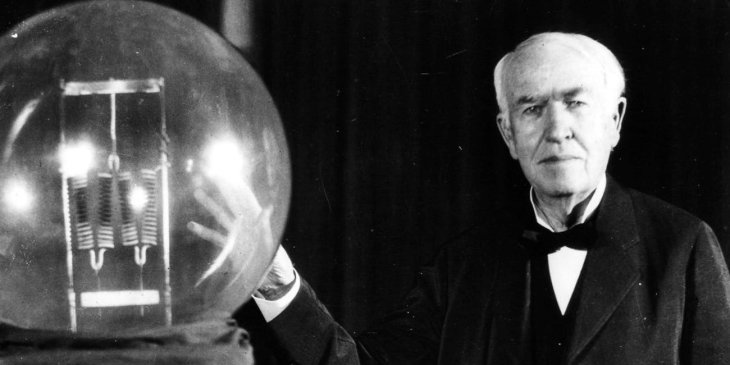
Thomas Edison was an eccentric man, and he is famous worldwide for being the inventor behind the lightbulbs. However, he was not very good at math, and he was well aware of that fact.
Edison said that he could always hire a mathematician, but they could not hire him. Instead of spending time improving his own skills, he paid to have the best mathematicians working for him, like Charles Proteus Steinmetz.
E.O. Wilson
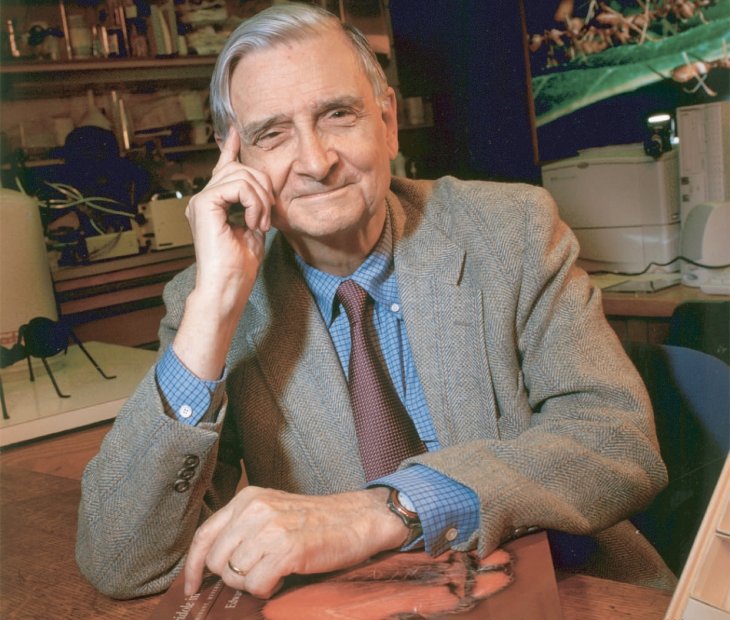
E.O. Wilson’s contribution is evident in philosophy, evolution, and biology.
All of his bestsellers mentions his struggle with this subject, and according to him, the schools he attended in the U.S had done a poor job preparing him for mathematics.
During his career, this remained one of his weaknesses. It was not until he was a freshman in university that he learned algebra. And when he gained the title of professor, he started with calculus. Wilson was even in the same math classes with his undergraduate students.
Michael Faraday
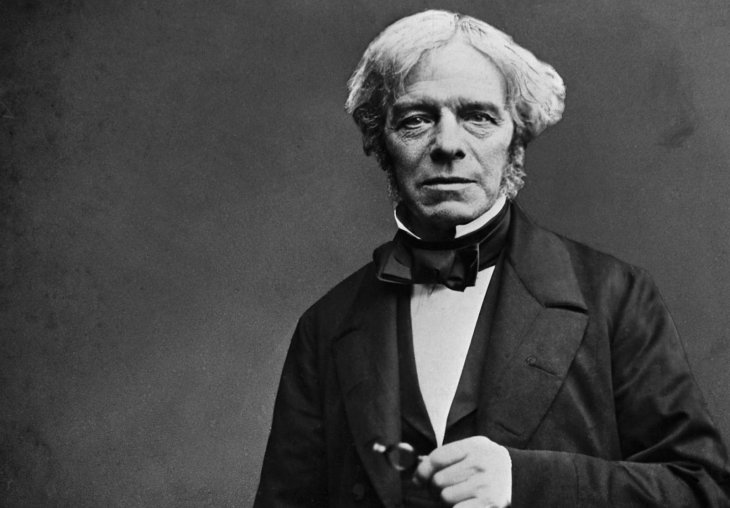
You may know about Michael Faraday as the inventor of the electric generator and the electric motor. His other inventions are the rubber balloons, and he also laid some groundwork for the technology of refrigeration.
What impressed most people about Faraday is that he received little formal education as a child. This later hindered his career as a scientist.
Faraday’s hypothesis of electromagnetic radiation was not recognized as he could not provide the mathematic proofs for it. However, eventually, James Clerk Maxwell, a mathematician, and physicist proved that he was right all along.
Charles Darwin
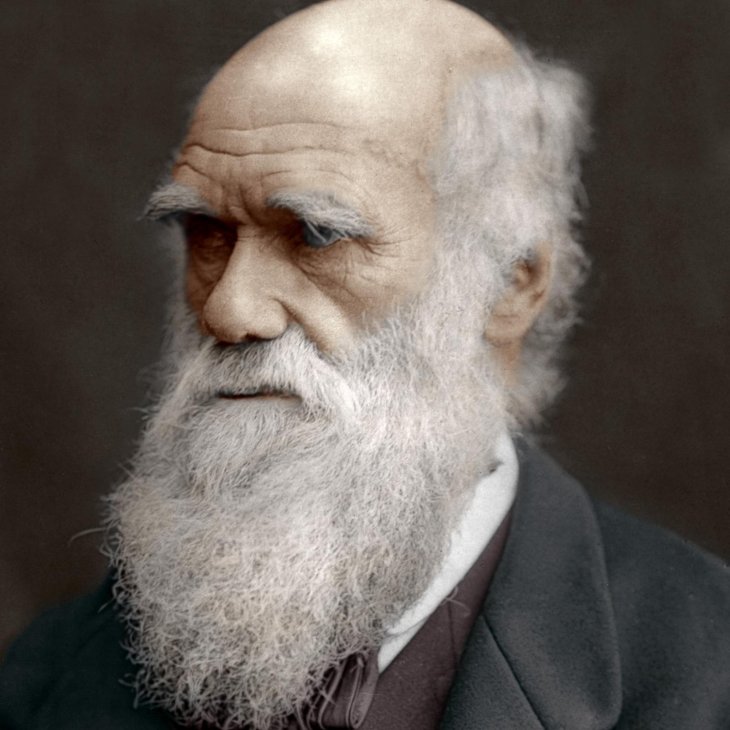
Darwin’s math skills were awful, and he did not even try to hide the fact. Darwin’s description of himself said that he learned mathematics very slowly. He had tried and asked a tutor to help him improve, but then he got frustrated with it and gave up.
However, later in his life, he said that he regretted not being patient enough to learn it.
The takeaway from this story is that be patient with yourself. You do not need math to be able to be successful in STEM, but it will help you greatly in many aspects of life.
Featured Stories

Features - Jan 29, 2026
Permanently Deleting Your Instagram Account: A Complete Step-by-Step Tutorial

Features - Jul 01, 2025
What Are The Fastest Passenger Vehicles Ever Created?

Features - Jun 25, 2025
Japan Hydrogen Breakthrough: Scientists Crack the Clean Energy Code with...

ICT News - Jun 25, 2025
AI Intimidation Tactics: CEOs Turn Flawed Technology Into Employee Fear Machine

Review - Jun 25, 2025
Windows 11 Problems: Is Microsoft's "Best" OS Actually Getting Worse?

Features - Jun 22, 2025
Telegram Founder Pavel Durov Plans to Split $14 Billion Fortune Among 106 Children

ICT News - Jun 22, 2025
Neuralink Telepathy Chip Enables Quadriplegic Rob Greiner to Control Games with...

Features - Jun 21, 2025
This Over $100 Bottle Has Nothing But Fresh Air Inside

Features - Jun 18, 2025
Best Mobile VPN Apps for Gaming 2025: Complete Guide

Features - Jun 18, 2025
A Math Formula Tells Us How Long Everything Will Live
Read more

Gadgets- Feb 27, 2026
Top Budget-Friendly WiFi Routers for 2026
In today's connected world, a reliable WiFi router is essential for streaming, gaming, and working from home.

Gadgets- Feb 25, 2026
Top 4 Budget Rechargeable Wireless Mice
These mice prove that you do not need to spend a fortune for quality and convenience. Whether you prioritize productivity or gaming, there is an option here to enhance your setup.

ICT News- Feb 26, 2026
AI Models Frequently Resort to Nuclear Escalation in Simulated Crises, Study Reveals
As AI technology advances, understanding these tendencies becomes crucial to prevent unintended escalations in the real world.
Comments
Sort by Newest | Popular